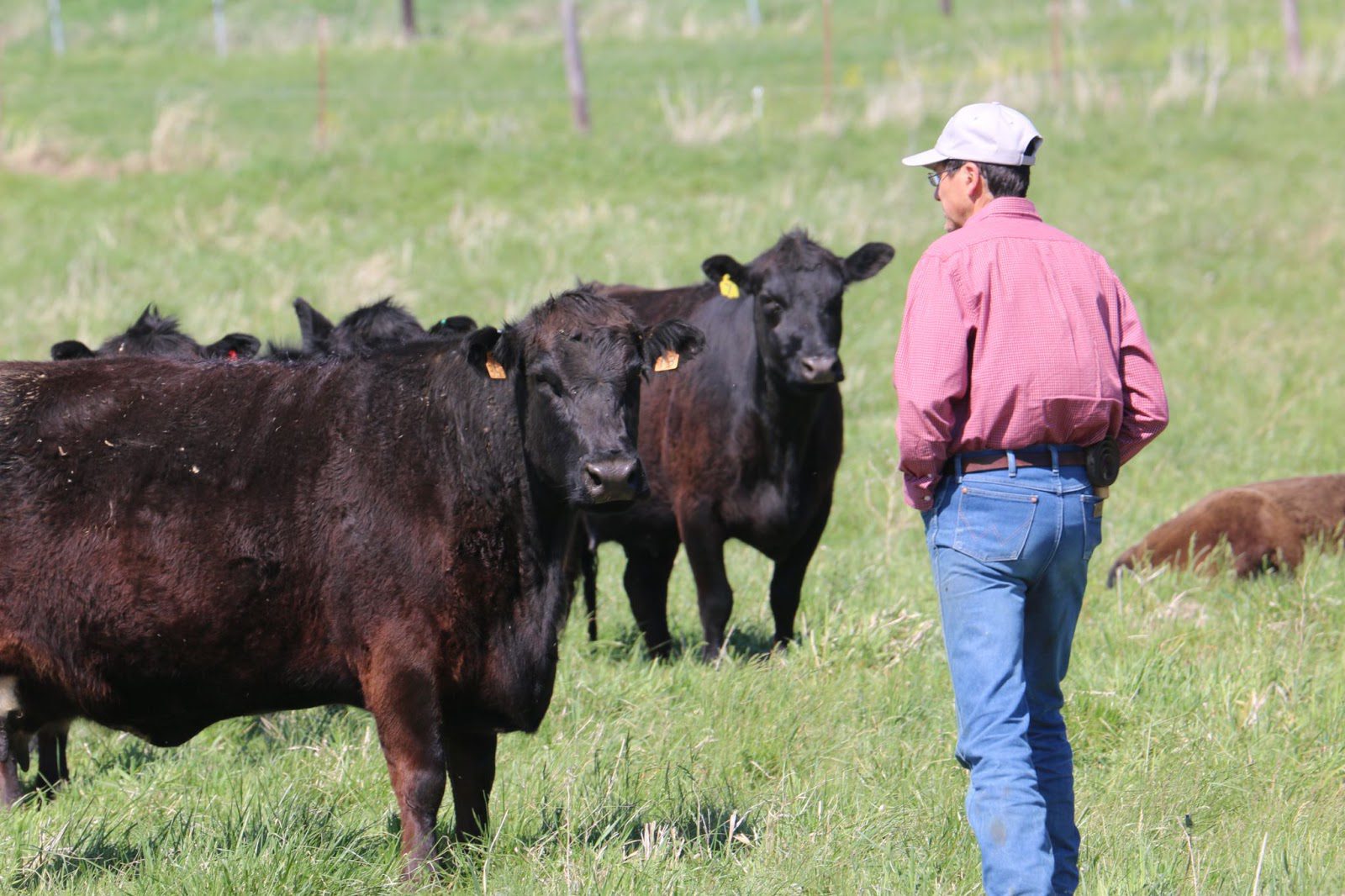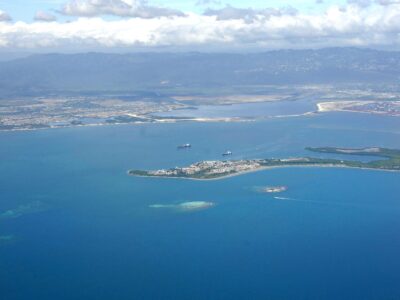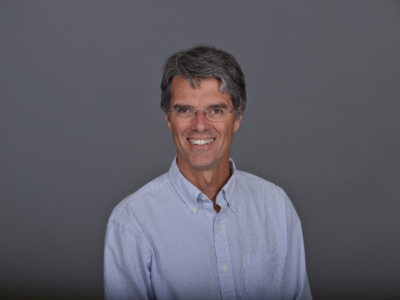Like most people, Matt Russell’s life contains multitudes of layers.
Before his work in sustainability would take him to 26 states, D.C., Scotland, Italy, and Cuba — and before spending twelve years working at Drake University’s Agricultural Law Center — and well before returning to Iowa to “put down his roots,” Mr. Russell was on a much different path.
A fifth-generation farmer, the Iowa native grew up Catholic, attended a Catholic high school and college, and even spent a few years in seminary preparing for a life in ministry as a priest — but life took a different turn. Now he and his husband, Patrick Standley, operate Coyote Run Farm, a 110-acre swath of land in rural Lacona, Iowa.
“I left in my third year, but I taught religion at a Catholic high school for a couple of years. I came home and after being in Las Vegas for two years teaching I really had decided at that point, the rest of the arc of my life was my call to ministry or my call to discipleship was transitioning into not ministry but sustainability work.I went to graduate school to get a master’s in rural sociology and then spent 14 years doing secular work around sustainability economic development injustice.”
Mr. Russell is an easy speaker, gregarious, and warm. He offers real knowledge, but with the simplicity of someone who knows his work is his “calling,” which often results in listeners leaning in, eager to hear what he’s involved in, what he’s doing right now, and tomorrow.
Laughing at the arc of his journey, Mr. Russell puts it simply:
“I often say, when you’re moving through life, you know you’re moving, you’re following your passions, you’re walking through doors that are opening. You’re moving. If you stop and look back, that’s when you realize that often you don’t know where you’re going but once you’re there you can look back and say, ‘Yeah, this all makes sense.’”
When asked from where he draws his mandate — his calling to be a good steward of the earth — his answer is immediate:
“For me, it really is about how we are as brothers and sisters, as siblings. How are we paying attention to each other and to the Creator? A lot of people in the environmental community find their way to God through nature. And I certainly feel that. But for me, it’s about that relationship we have with each other and as a Christian, with the Trinity. When you look broadly across all the faith traditions, across history and across time and space, there are the values that are consistent. And that’s being in relationship with each other, being in relationship with Creation that we all share.”
Mr. Russell navigates complex issues through a life of study and “listening to the feedback” the Earth can offer.
“[Humans] have done some amazing things together but we don’t pay attention to what’s happening with the climate, with what’s happening with water, with really all of the living environment on Earth. We aren’t paying attention to that feedback.”
He cites recent history as proof that things can and do change quickly.
“If you look at 1930, we were at the end of a mechanical and cultural revolution that came out of northern Europe. Horsepower, lots of technology, plant breeding. We transitioned into The Green Revolution—the fossil fuel era of agriculture—from 1930 to 1950.”
Picking up steam and surging forward to make his point, he says:
“In 1930 most farms had horses and they were growing open-pollinated corn. By 1950, almost every farm was growing hybrid corn, using industrial fertilizer, and already starting to use petrochemicals.
Here he makes his central point:
”We’re at the same moment. In the next 20 years from 2020 to 2040, we have to go through an even more explosive revolution in agriculture and the science of studying it. And we’re all talking about it now with regenerative agriculture. It’s a huge disruption. But if we’re successful at the disruptions there are enormous opportunities for farmers. We’re integrating ecosystem services. Our commodity crops are expanding and [we’re] diversifying the commodity crops. We’re reversing this trend of bigger and bigger global supply chains, not that they can go away, but the need for alternatives. That is what the science is saying and that is what the economics are saying. And for me, the most important thing is what our Creator is calling us to do.”





 Copyright
2025
Root and Vine
Copyright
2025
Root and Vine